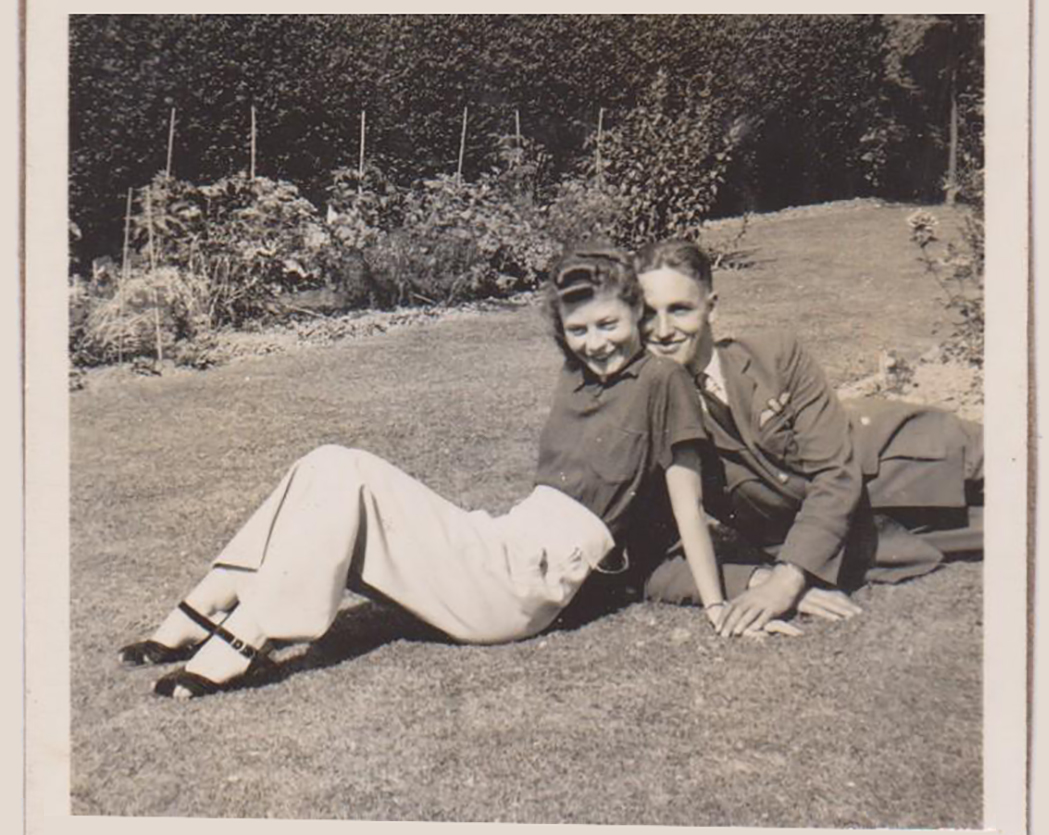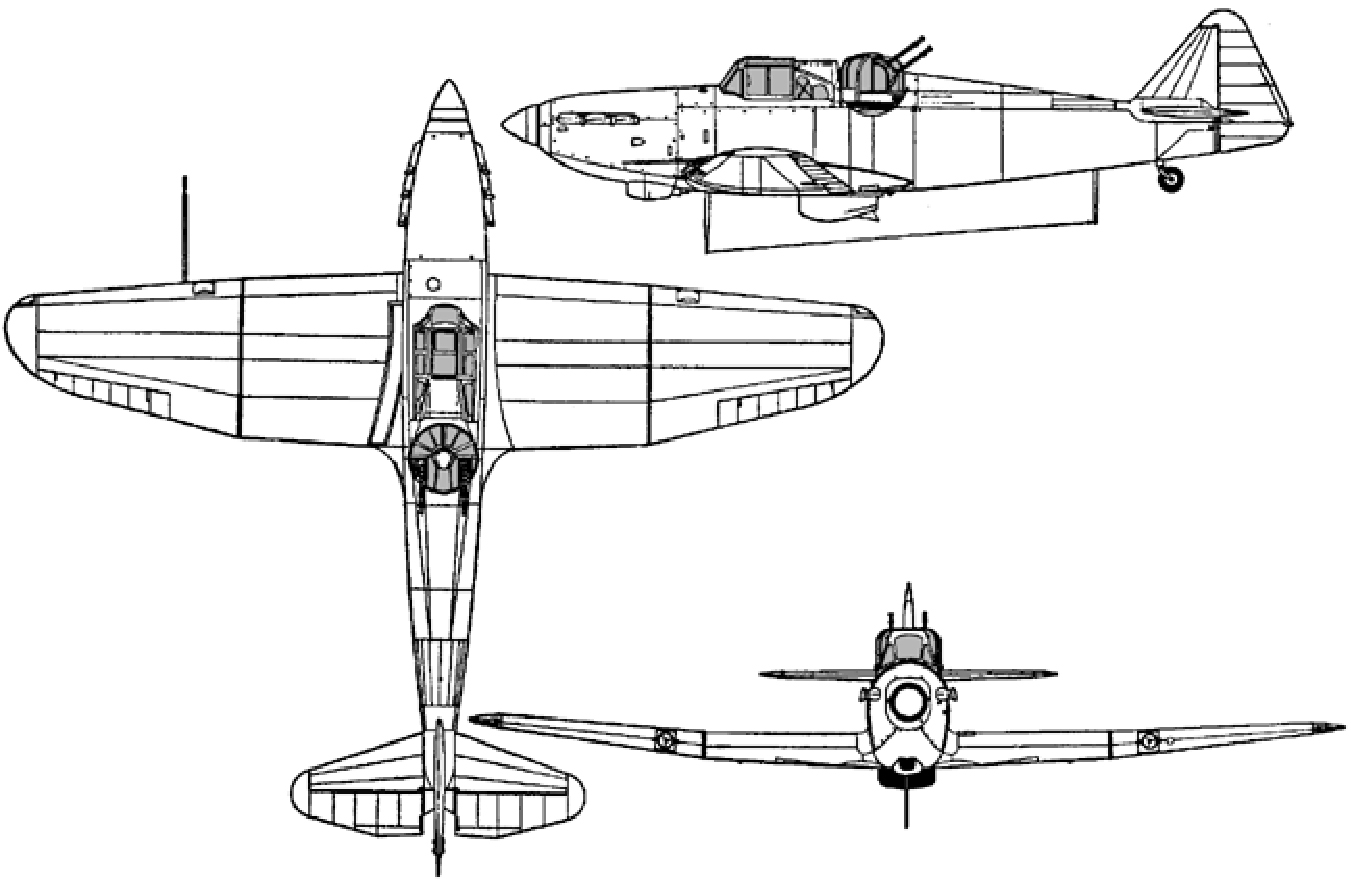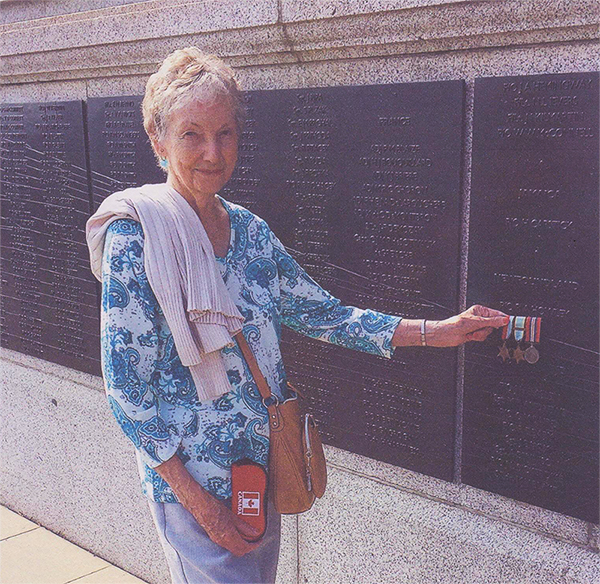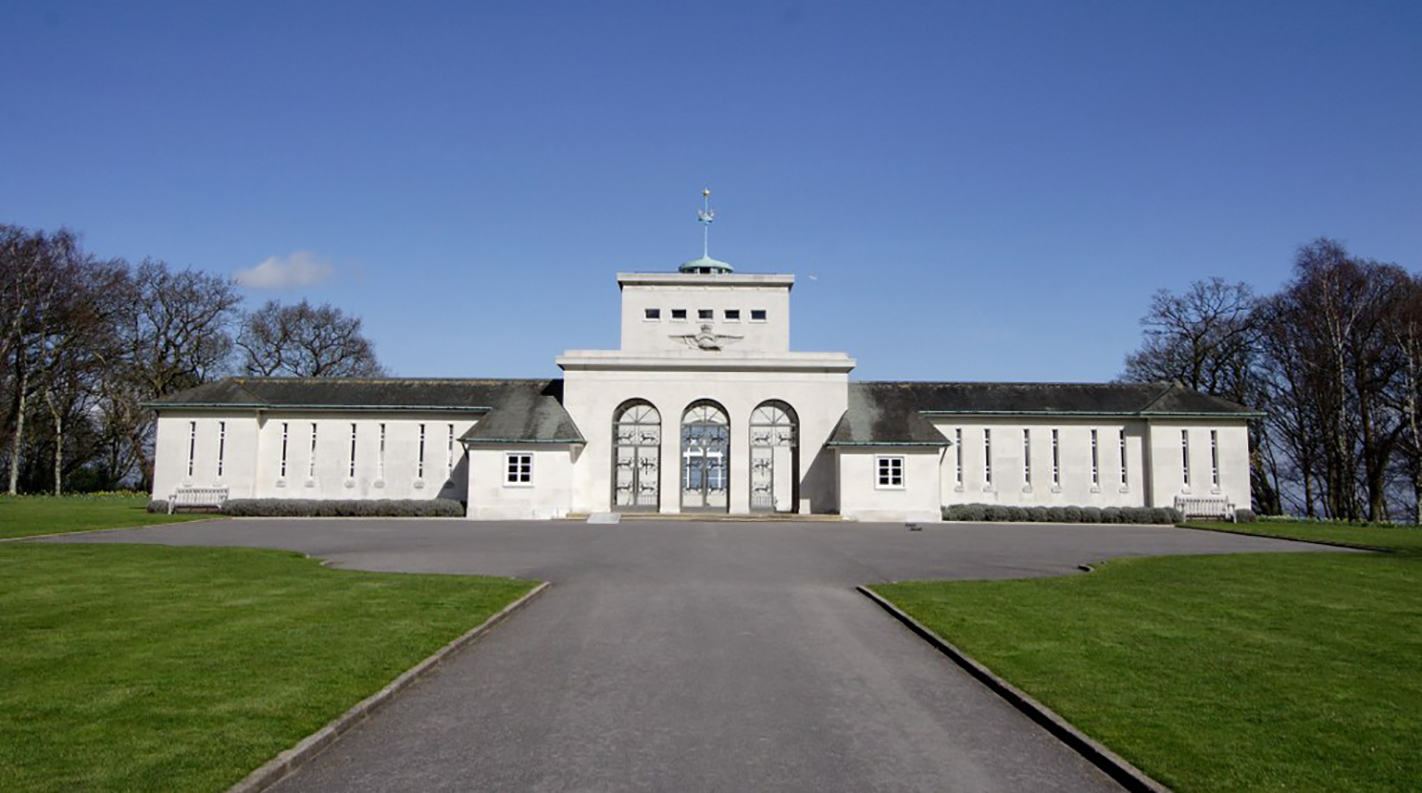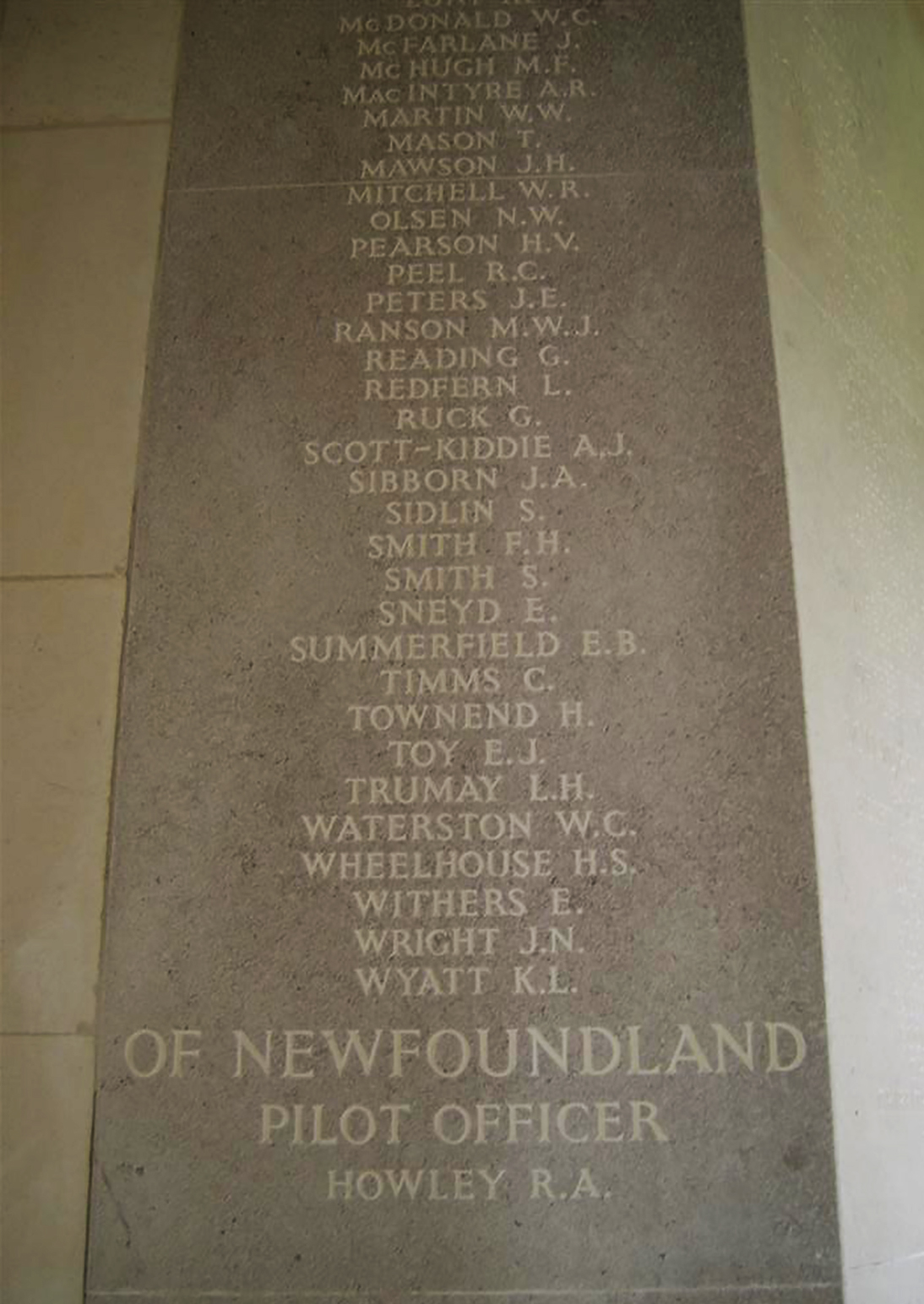Pilot Officer Richard Alexander Howley
Related Links
Biography / September 17, 2015
By Tina Howley Harney
No. 141 Squadron, Royal Air Force
My brother, Dick, was a happy-go-lucky guy, thrilled to be flying what he told Dad was “a secret new plane that could travel at 400 miles per hour.” He always loved machinery, and had an old Morgan car he tinkered with. He played the guitar, and his favourite song at that time was “Begin the Beguine”. Being a bit of a ladies’ man, he always had dates, and had just found the right girl, Mercy Bailey. Sadly, the romance was not to be. Mother always hoped that Dick was alive, perhaps a POW [prisoner of war] or with the Free French.
Dick was born on April 16, 1920, in Victoria, British Columbia, where our Dad, on loan from the Royal Navy, was stationed at the naval base. Dick received his education at St. Boniface College in Saint John’s, Newfoundland, and at Colebrook in the United Kingdom.
He was only 17 when he started flying lessons with Sir Alan Cobham near Shoreham, Sussex, England, and joined the Royal Air Force (RAF). He was posted to No. 10 Flying Training School at Tern Hill in Shropshire on March 18, 1939, and received his wings on October 7, 1939.
My brother, Pilot Officer Richard Howley, was posted to No. 141 Fighter Squadron at RAF Turnhouse in Edinburgh, Scotland. He flew the Vickers Supermarine Spitfire from a new 1,190-metre runway.
Dick made many friends during training, and was always in the company of Pilot Officer Eric Baker, from New Zealand, and Pilot Officer Jack Leeds, from Ontario. They were known as “The Terrible Trio”, and all three were often on leave at our home. Only one of them survived the war – Eric Baker, who was taken prisoner of war, and visited us after the war, on his way home to New Zealand.
On October 28, 1939, Dick was sent to headquarters at RAF Stanmore, and on several occasions flew to RAF Grangemouth to ferry new Bristol Blenheim light bomber aircraft from the factory. At the end of November, Dick crashed a Blenheim at Sealands, in Suffolk, but was not injured.
No. 141 Squadron, by then based at RAF West Malling and RAF Hawkinge, was flying the new Bolton Paul Defiant I fighters in early June, 1940, and it was from there that Dick and his squadron took off on July 19. They were attacked by a group of Messerschmitt 109s, and suffered severe losses.
Dick’s plane was seen on fire, and crashed into the sea, taking with it Dick and his gunner, Sergeant Curley. Their bodies were never found.
Our brother, Jim, applied for Dick’s medals and gave me the Silver Cross medal, which I treasure, and wear every November 11.
Dick was listed as a Newfoundlander because our father’s family had long been established there, and some of us were born there. Dick’s name is on several monuments in Canada and the U.K., including Runnymede and the Chapel in Westminster Abbey.
He always signed letters and photos “Happy Landings”, and that is a phrase that we have kept on using… he is remembered!
Page details
- Date modified:
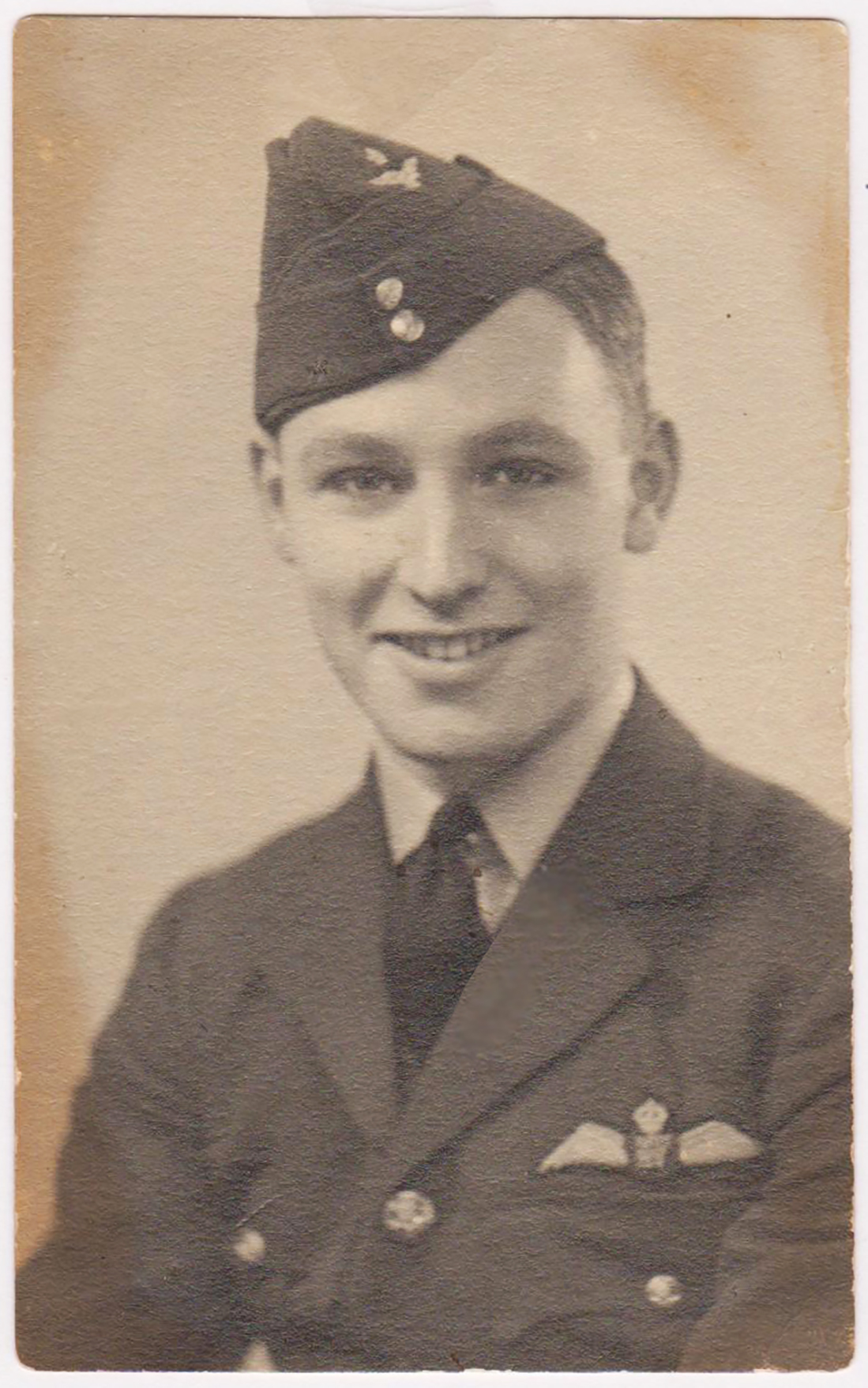
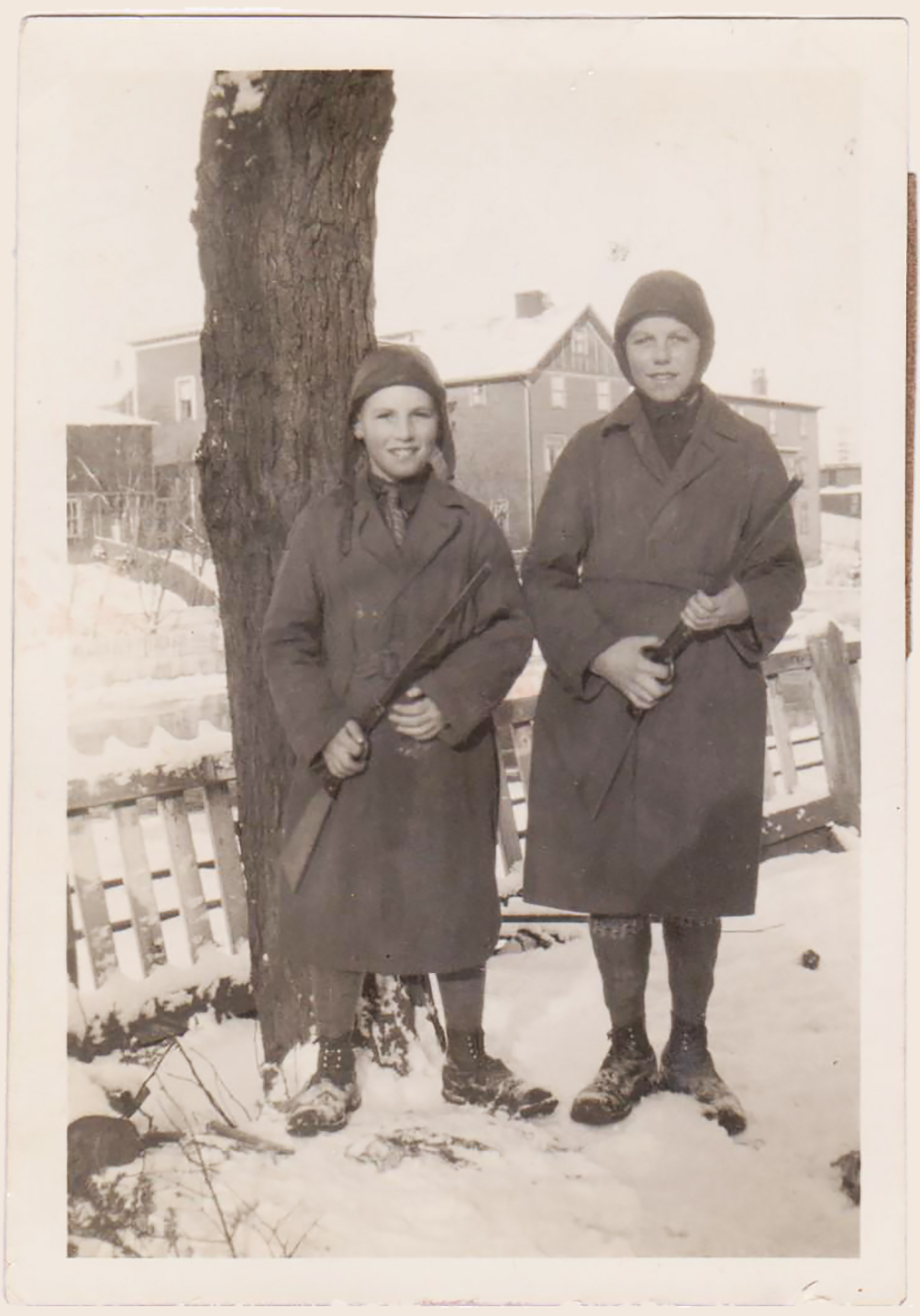
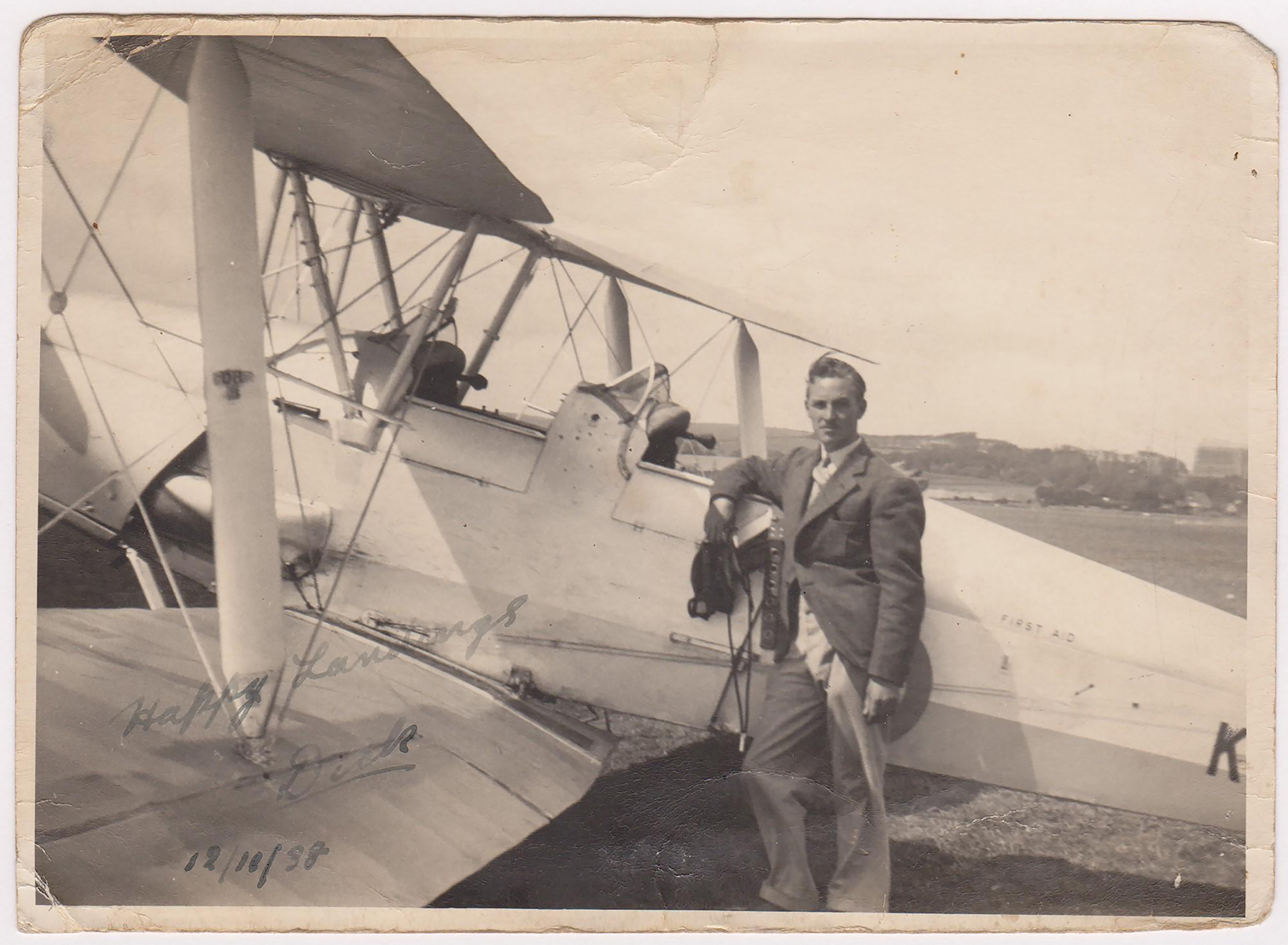
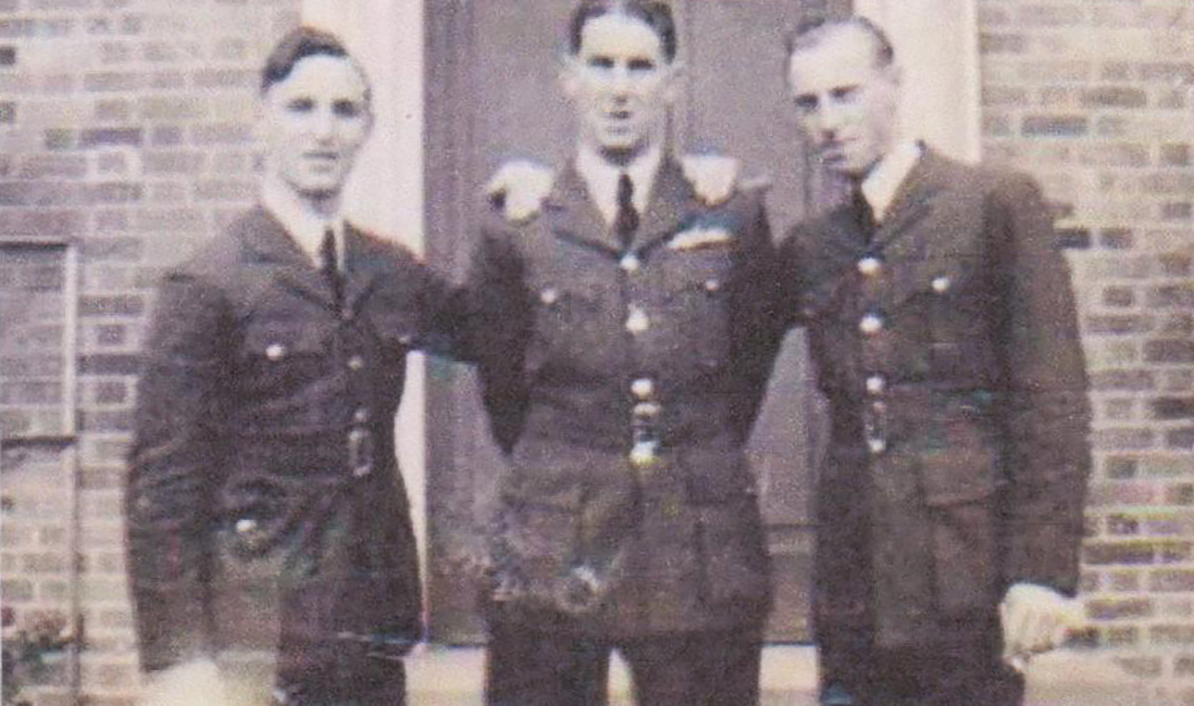
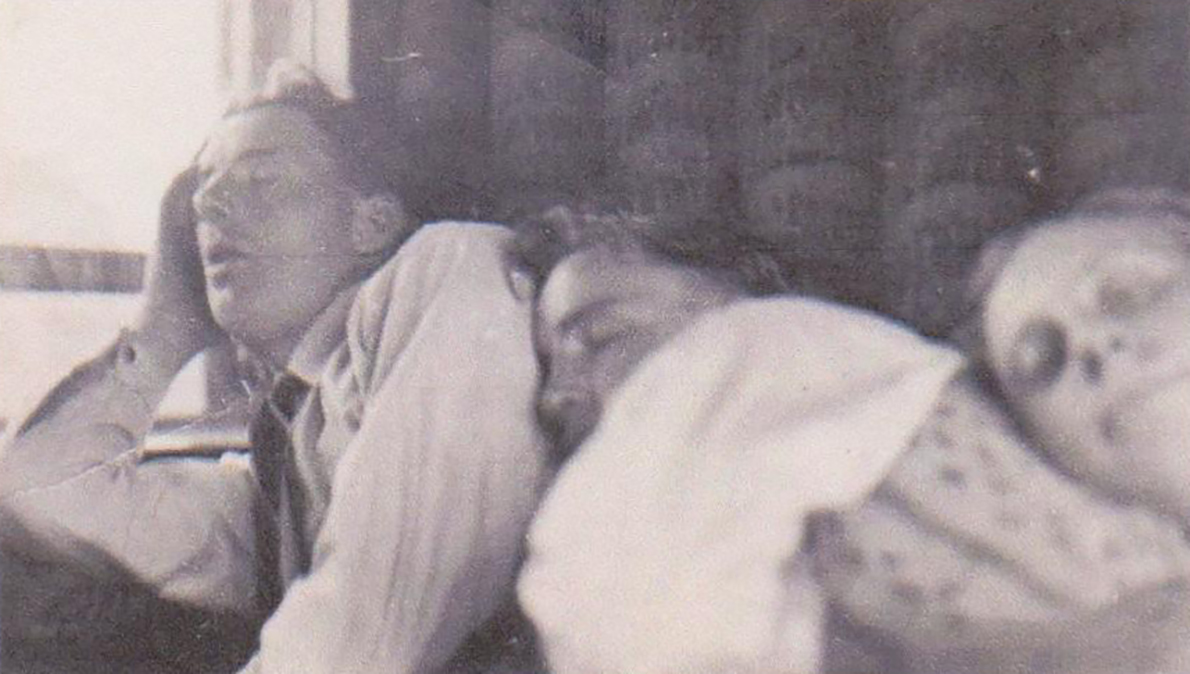
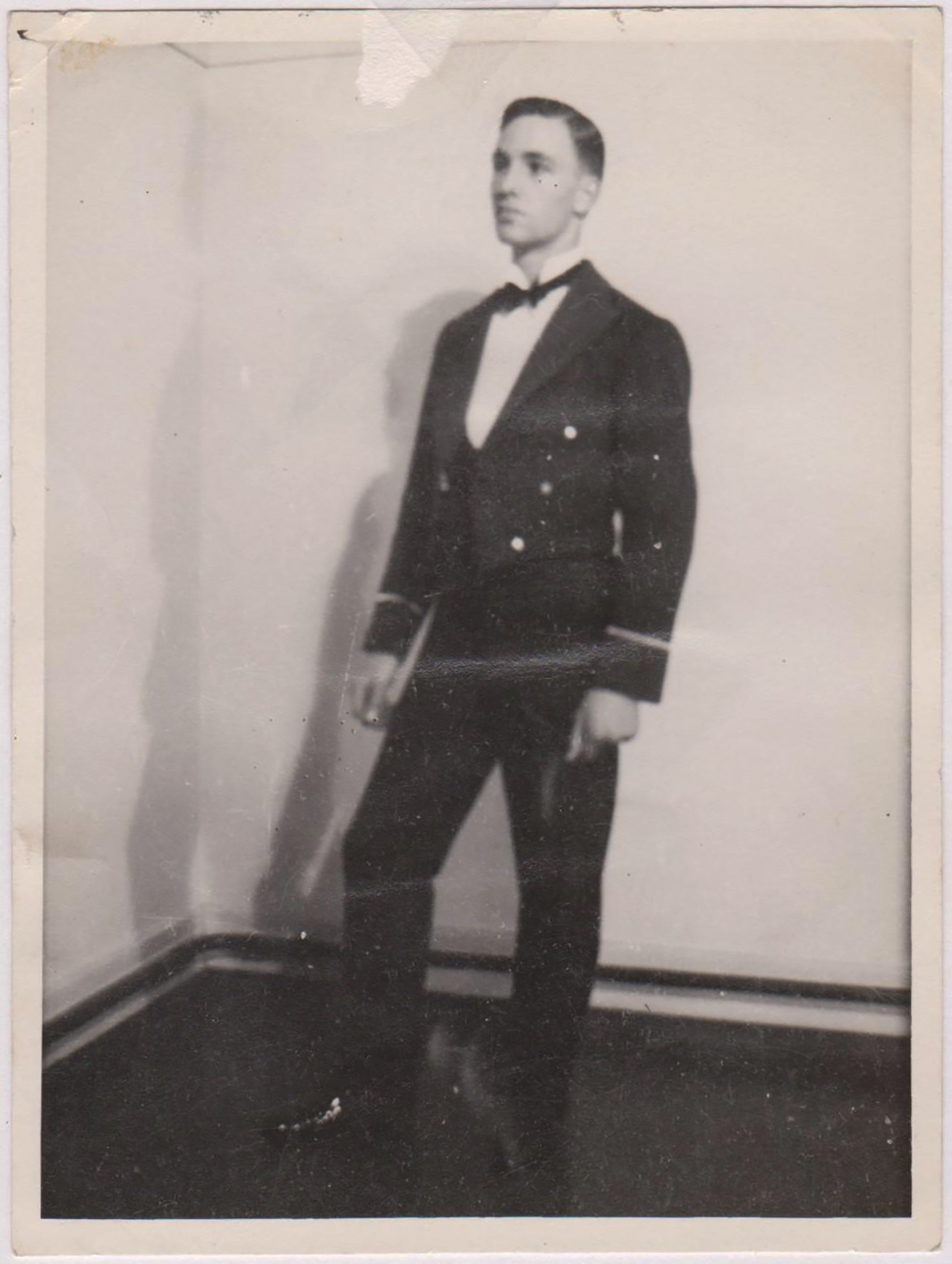
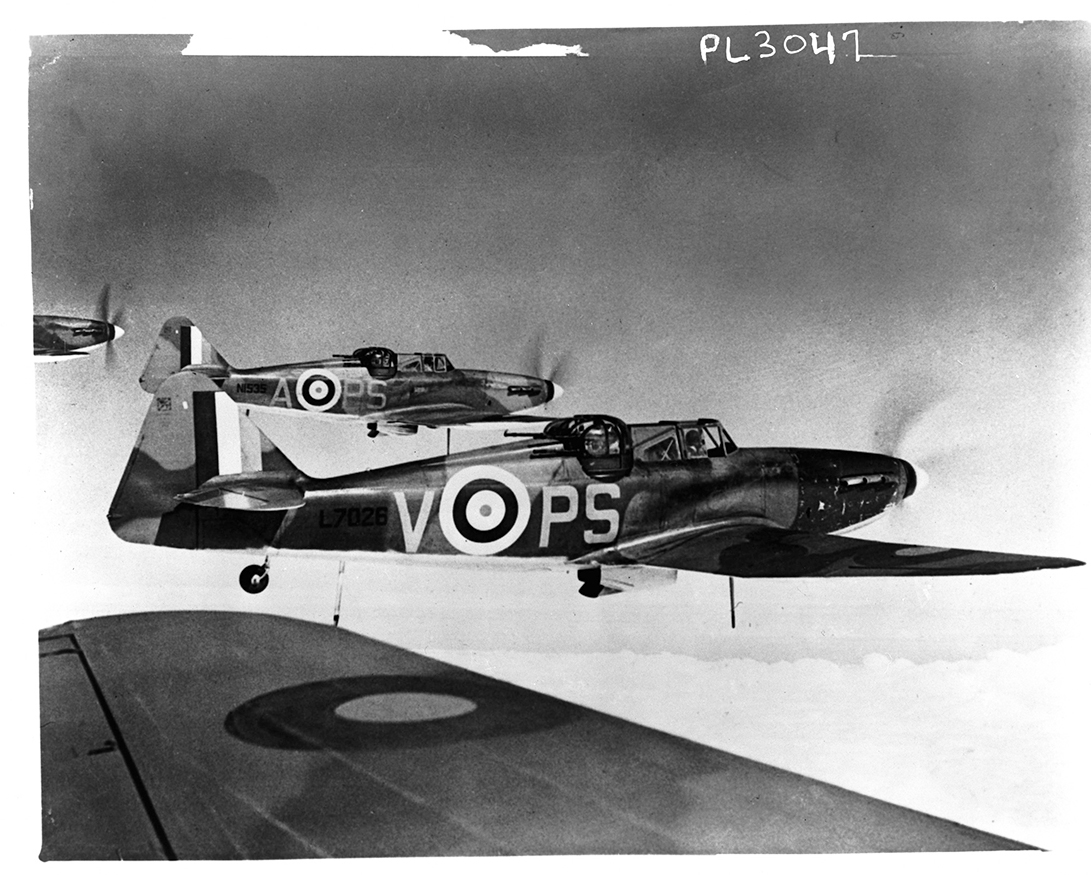
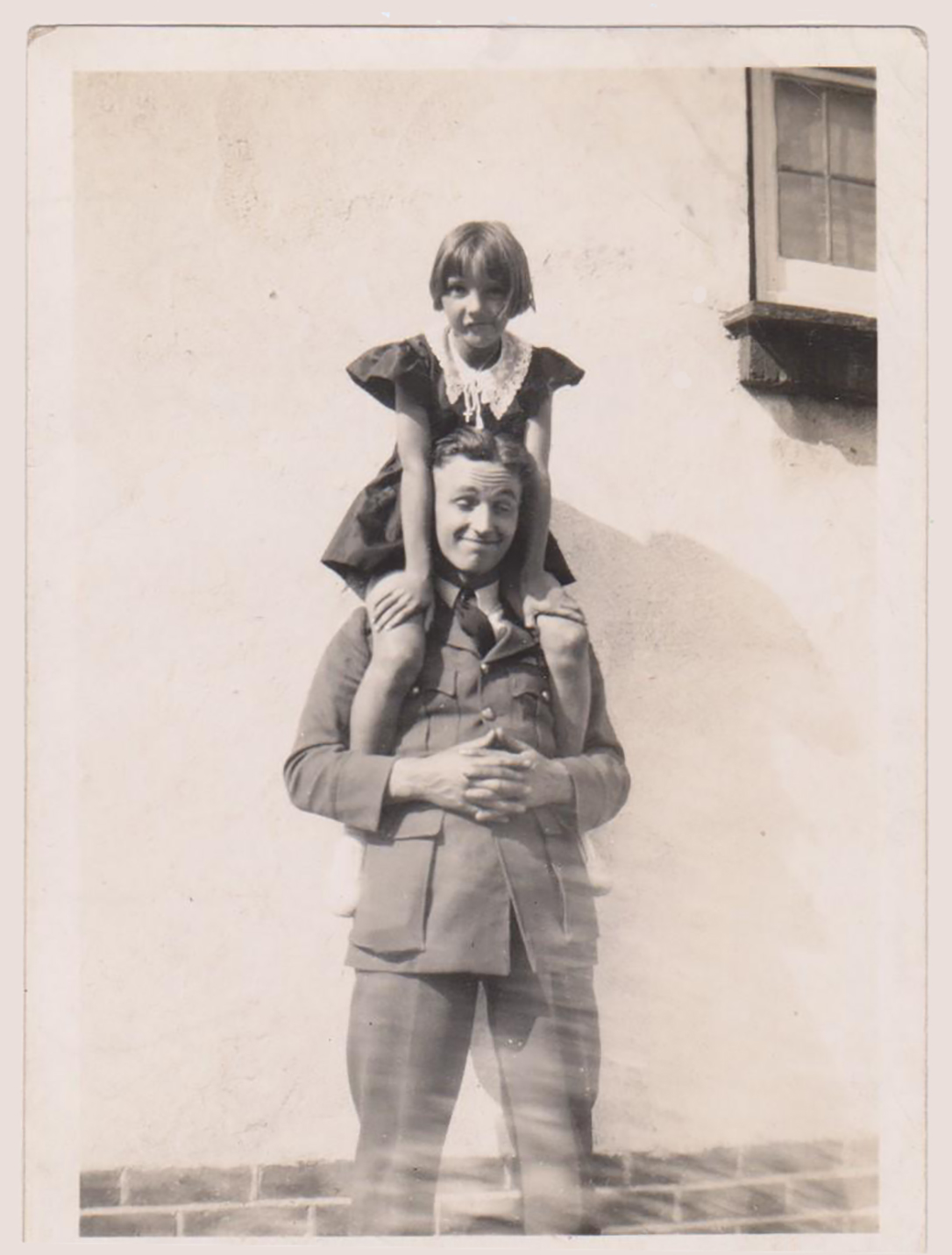
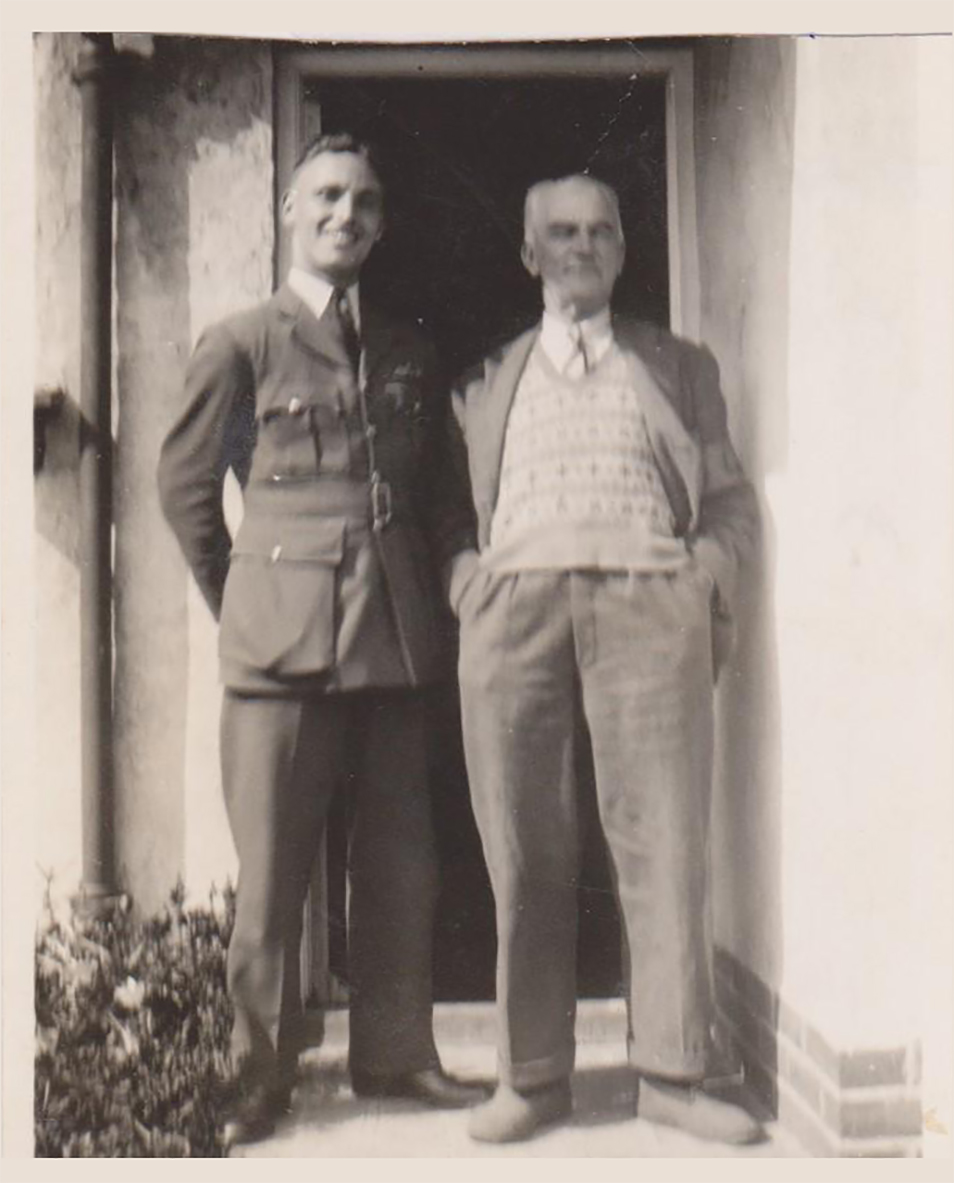
![A Boulton Paul Defiant flies over a river basin. The aircraft’s three-bladed all-metal, variable-pitch airscrew was driven by a Rolls Royce Merlin engine operating at a speed of 300 miles per hour [483 kilometres per hour]. The Oleo-pneumatic undercarriage retracted sideways into the wing centre portion. PHOTO: Royal Air Force](/content/dam/rcaf-arc/migration/images/news-nouvelles/2015/09/bob-profile-howley-sep-mk1-defiant.jpg)
